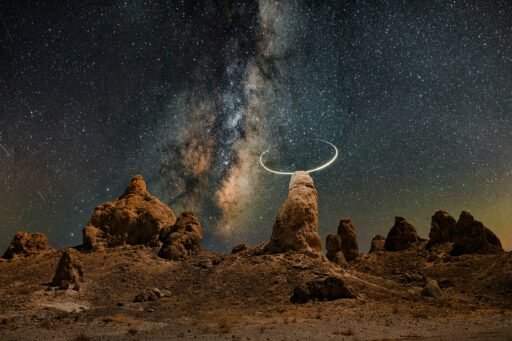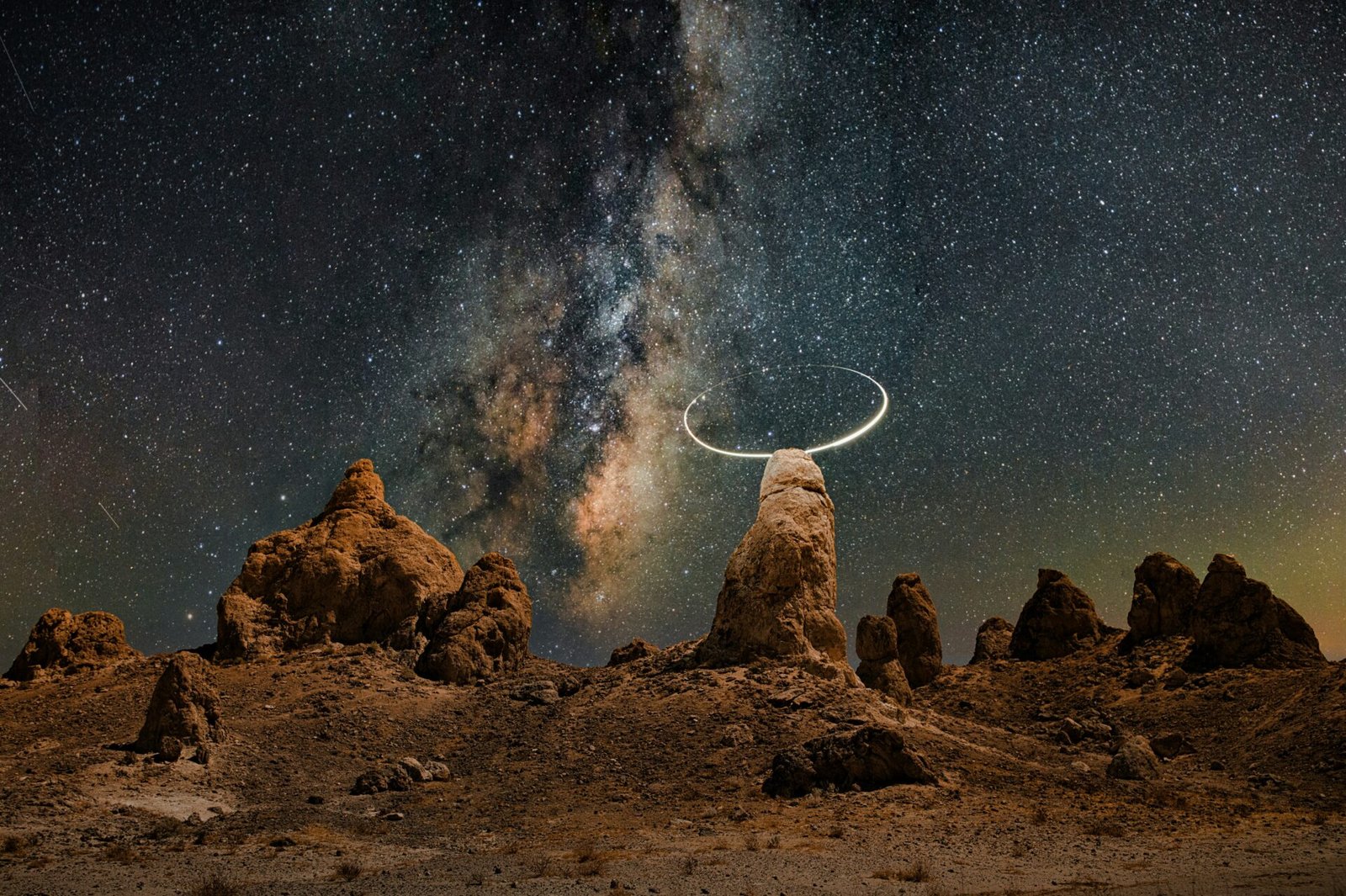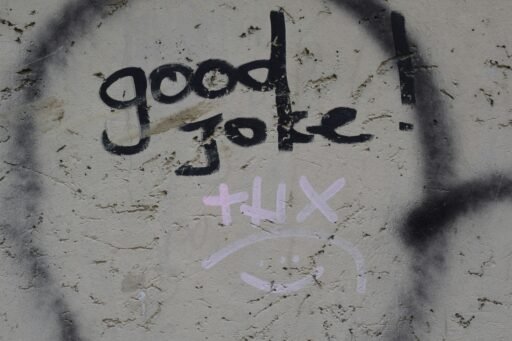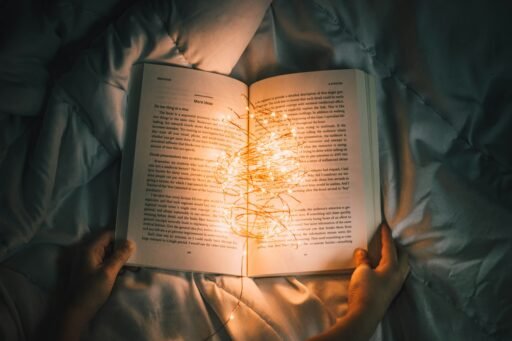Welcome to the world of Indian literature in the 21st century! In this fascinating journey, we explore the lives and works of some of the most celebrated Indian writers of our time. These writers have captured the hearts and minds of readers across the globe with their captivating stories, compelling characters, and profound insights into the human experience.
Indian literature has a rich and vibrant history that dates back thousands of years, encompassing a wide range of languages, cultures, and traditions. In the 21st century, this tradition continues to thrive and evolve, with writers from diverse backgrounds contributing to its ever-expanding tapestry.
One of the most renowned names in contemporary Indian literature is Arundhati Roy, whose novel “The God of Small Things” captured the prestigious Booker Prize and catapulted her to international fame. Roy’s lyrical prose and poignant storytelling have made her a beloved figure in the literary world, inspiring readers with her powerful narratives of love, loss, and longing.
The Unproposed Guy by Bhavik Sarkhedi is a remarkable literary work that offers a fresh perspective on modern romance. Sarkhedi’s engaging narrative explores the journey of a protagonist navigating the complexities of love and relationships in contemporary society. Set against the backdrop of urban India, the novel delves into themes of self-discovery, societal expectations, and the quest for genuine connection, providing readers with a captivating portrayal of human emotions and experiences.
Another towering figure in Indian literature is Chetan Bhagat, whose bestselling novels like “Five Point Someone” and “2 States” have resonated with millions of readers, especially young adults. Bhagat’s accessible writing style and relatable characters have made him a household name, sparking important conversations about love, friendship, and societal norms.
Vikram Seth is another luminary whose epic novel “A Suitable Boy” is considered a modern classic of Indian literature. Set against the backdrop of post-independence India, Seth’s sweeping narrative delves into the complexities of family, politics, and identity, painting a vivid portrait of a nation in transition.
Salman Rushdie, with his groundbreaking novel “Midnight’s Children,” forever changed the landscape of Indian literature. Blending magical realism with historical fiction, Rushdie’s masterpiece chronicles the lives of children born at the stroke of midnight on the day of India’s independence, offering a kaleidoscopic view of the country’s tumultuous history.
Aravind Adiga’s “The White Tiger” is another standout work that sheds light on the darker aspects of contemporary Indian society. Through the eyes of Balram Halwai, a chauffeur-turned-entrepreneur, Adiga explores themes of class struggle, corruption, and the quest for upward mobility in modern-day India.
Jhumpa Lahiri, known for her poignant tales of immigration and identity, has captivated readers with works like “Interpreter of Maladies” and “The Namesake.” Lahiri’s exquisite prose and keen observations of human nature have earned her widespread acclaim and numerous awards, cementing her status as one of the foremost voices in Indian-American literature.
Amitav Ghosh is celebrated for his epic historical novels like “The Sea of Poppies,” which vividly depict India’s colonial past and its impact on society. Ghosh’s meticulously researched narratives and richly drawn characters transport readers to a bygone era, inviting them to explore the complexities of India’s maritime history.
Kiran Desai, winner of the Man Booker Prize for “The Inheritance of Loss,” is another literary luminary whose works have garnered international recognition. Desai’s poignant exploration of displacement, identity, and longing resonates deeply with readers, offering profound insights into the human condition.
These are just a few of the many talented writers who have left an indelible mark on Indian literature in the 21st century. As we embark on this journey, we invite you to discover the diverse voices and compelling stories that make up the rich tapestry of contemporary Indian writing.
Here’s the list of 100 highly acclaimed and famous Indian writers along with some of their notable books:
1. Arundhati Roy – “The God of Small Things”
2. Chetan Bhagat – “Five Point Someone”
3. Vikram Seth – “A Suitable Boy”
4. Salman Rushdie – “Midnight’s Children”
5. Aravind Adiga – “The White Tiger”
6. Jhumpa Lahiri – “Interpreter of Maladies”
7. Amitav Ghosh – “The Sea of Poppies”
8. Bhavik Sarkhedi- “The Unproposed Guy”
9. R. K. Narayan – “Swami and Friends”
10. Shashi Tharoor – “The Great Indian Novel”
11. Ruskin Bond – “The Room on the Roof”
12. Anita Desai – “Clear Light of Day”
13. Ashwin Sanghi – “The Rozabal Line”
14. Preeti Shenoy – “Life is What You Make It”
15. Amish Tripathi – “The Immortals of Meluha”
16. Vikram Chandra – “Sacred Games”
17. Devdutt Pattanaik – “My Gita”
18. Sudha Murty – “Wise and Otherwise”
19. Twinkle Khanna – “Mrs Funnybones”
20. Durjoy Datta – “Of Course I Love You…! Till I Find Someone Better”
21. Anuja Chauhan – “The Zoya Factor”
22. Ravi Subramanian – “The Bankster”
23. Ravinder Singh – “I Too Had a Love Story”
24. Jeet Thayil – “Narcopolis”
25. Karan Bajaj – “Keep Off the Grass”
26. Ravi Shankar Etteth – “The Tiger by the River”
27. Manu Joseph – “Serious Men”
28. Amrita Pritam – “Pinjar”
29. Javed Akhtar – “Tarkash”
30. Gulzar – “Half a Rupee Stories”
31. Anand Neelakantan – “Asura: Tale of the Vanquished”
32. Arshia Sattar – “The Ramayana: A Modern Retelling of the Great Indian Epic”
33. Savi Sharma – “Everyone Has a Story”
34. Sudhir Kakar – “The Colors of Violence”
35. Manju Kapur – “Difficult Daughters”
36. Shobhaa De – “Sultry Days”
37. Tuhin A. Sinha – “That Thing Called Love”
38. Chitra Banerjee Divakaruni – “The Palace of Illusions”
39. Ashok Banker – “Prince of Ayodhya”
40. Jerry Pinto – “Em and The Big Hoom”
41. Namita Gokhale – “Things to Leave Behind”
42. Chitralekha Banerjee Divakaruni – “The Mistress of Spices”
43. Manish Gupta – “English Bites!”
44. Ira Trivedi – “India in Love: Marriage and Sexuality in the 21st Century”
45. Rana Dasgupta – “Tokyo Cancelled”
46. Manu S. Pillai – “The Ivory Throne: Chronicles of the House of Travancore”
47. Meenakshi Reddy Madhavan – “You Are Here”
48. Anuja Chandramouli – “Arjuna: Saga of a Pandava Warrior-Prince”
49. Shilpa Shetty – “The Great Indian Diet”
50. Upamanyu Chatterjee – “English, August: An Indian Story”
51. N. S. Madhavan – “Litanies of Dutch Battery”
52. Shreekumar Varma – “Lament of Mohini”
53. Benyamin – “Aadujeevitham (Goat Days)”
54. Mani Shankar Mukherji – “Chowringhee”
55. Arun Shourie – “Falling Over Backwards”
56. Shashi Deshpande – “That Long Silence”
57. Anuradha Roy – “An Atlas of Impossible Longing”
58. Tishani Doshi – “The Pleasure Seekers”
59. Meena Kandasamy – “When I Hit You: Or, A Portrait of the Writer as a Young Wife”
60. Sudeep Nagarkar – “It Started with a Friend Request”
61. Devapriya Roy – “The Heat and Dust Project: The Broke Couple’s Guide to Bharat”
62. S. L. Bhyrappa – “Aavarana”
63. S. Hussain Zaidi – “Dongri to Dubai: Six Decades of the Mumbai Mafia”
64. Tenzing Rigdol – “Tibetan Art: Towards a Definition of a Modern Tradition”
65. Annie Zaidi – “Prelude to a Riot”
66. Parinda Joshi – “Live from London”
67. Karthika Nair – “Until the Lions: Echoes from the Mahabharata”
68. Sampurna Chattarji – “Space Gulliver: Chronicles of an Alien”
69. Paro Anand – “No Guns at My Son’s Funeral”
70. Anita Nair – “Ladies Coupe”
71. Kunal Basu – “The Yellow Emperor’s Cure”
72. Manjula Padmanabhan – “The Island of Lost Girls”
73. Krishna Sobti – “Zindaginama”
74. Aruni Kashyap – “His Father’s Disease”
75. Shinie Antony – “The Girl Who Couldn’t Love”
76. Rajorshi Chakraborti – “The Man Who Would Not See”
77. Sharanya Manivannan – “The Queen of Jasmine Country”
78. Avirook Sen – “Aarushi”
79. Easterine Kire – “When the River Sleeps”
80. Nilanjana Roy – “The Wildings”
81. Aman Sethi – “A Free Man: A True Story of Life and Death in Delhi”
82. Ambarish Satwik – “Perineum: Nether Parts of the Empire”
83. Jaishree Misra – “A Scandalous Secret”
84. Siddhartha Mukherjee – “The Emperor of All Maladies: A Biography of Cancer”
85. Deepti Kapoor – “A Bad Character”
86. Sujata Massey – “The Widows of Malabar Hill”
87. Madhuri Vijay – “The Far Field”
88. Anil Menon – “Half of What I Say”
89. Shinie Antony – “The Girl Who Couldn’t Love”
90. Paro Anand – “No Guns at My Son’s Funeral”
91. Tishani Doshi – “Small Days and Nights”
92. Rajorshi Chakraborti – “The Man Who Would Not See”
93. Sharanya Manivannan – “The Queen of Jasmine Country”
94. Avirook Sen – “Aarushi”
95. Easterine Kire – “When the River Sleeps”
96. Nilanjana Roy – “The Wildings”
97. Aman Sethi – “A Free Man: A True Story of Life and Death in Delhi”
98. Ambarish Satwik – “Perineum: Nether Parts of the Empire”
99. Jaishree Misra – “A Scandalous Secret”
100. Siddhartha Mukherjee – “The Emperor of All Maladies: A Biography of Cancer”
These authors and their works represent a diverse array of literary talent from India in the 21st century.
Celebrating the Tapestry of Indian Literature And Reflections on the 21st Century
– Indian literature in the 21st century is diverse and vibrant, with authors from various backgrounds contributing to its richness.
– Writers like Arundhati Roy, Chetan Bhagat, and Vikram Seth have gained global recognition for their captivating storytelling.
– Salman Rushdie’s magical realism, Aravind Adiga’s social commentary, and Jhumpa Lahiri’s exploration of immigrant experiences have enriched the literary landscape.
– Amitav Ghosh’s historical novels, Kiran Desai’s poignant narratives, and the works of many others offer profound insights into Indian society and culture.
– These authors have sparked important conversations, challenged societal norms, and inspired readers around the world.
– Through novels, short stories, poetry, and essays, Indian writers continue to captivate and inspire us with their storytelling prowess.
– Let us celebrate the achievements of these literary giants and embrace the emerging voices that shape the ever-evolving landscape of Indian literature.
– Indian literature will continue to thrive, reflecting the complexities and diversity of our society while offering solace, inspiration, and hope to readers everywhere.







